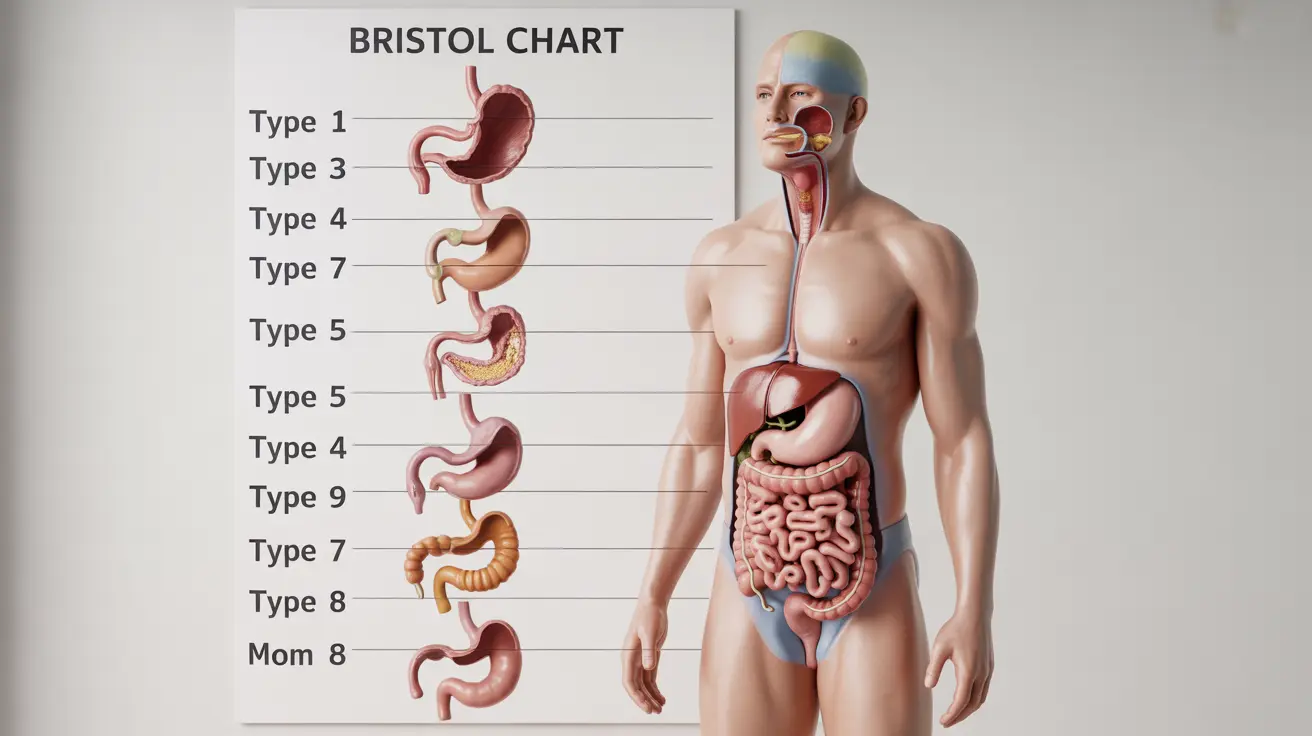Changes in bowel habits can be concerning and often signal underlying health issues that deserve attention. Whether it's a temporary shift or a persistent change, understanding what's normal and what isn't can help you make informed decisions about your digestive health.
While occasional variations in bowel movements are common, significant or lasting changes may indicate a need for medical evaluation. This comprehensive guide will help you understand what causes bowel habit changes, recognize warning signs, and know when to seek professional help.
Common Causes of Bowel Habit Changes
Various factors can influence your bowel movements, ranging from minor lifestyle changes to serious medical conditions:
Dietary Factors
Changes in diet often lead to temporary shifts in bowel habits. Common dietary triggers include:
- Sudden increases in fiber intake
- Consumption of new or unfamiliar foods
- Changes in fluid intake
- Food intolerances or sensitivities
Lifestyle Changes
Your daily routine can significantly impact bowel movements:
- Travel and time zone changes
- Stress and anxiety
- Changes in physical activity levels
- Irregular eating schedules
Medical Conditions
Several health conditions can cause persistent changes in bowel habits:
- Irritable Bowel Syndrome (IBS)
- Inflammatory Bowel Disease (IBD)
- Celiac disease
- Bacterial or viral infections
- Thyroid disorders
- Colorectal cancer
Understanding Stool Changes
Color Changes
Stool color can provide important clues about your health:
- Brown (normal)
- Black (possible internal bleeding)
- Red (hemorrhoids or lower GI bleeding)
- Pale or clay-colored (possible liver or gallbladder issues)
- Green (rapid transit or certain medications)
Consistency Changes
The Bristol Stool Chart categorizes stool consistency from Type 1 (hard pellets) to Type 7 (entirely liquid). Significant changes in consistency might indicate:
- Dehydration
- Inflammation
- Infection
- Digestive disorders
Warning Signs Requiring Medical Attention
Certain symptoms accompanying bowel changes warrant immediate medical evaluation:
- Blood in stool
- Severe abdominal pain
- Unexplained weight loss
- Persistent diarrhea or constipation
- Fever with digestive symptoms
- Night sweats
- Chronic fatigue
Diagnosis and Treatment
Healthcare providers may use various methods to diagnose the cause of bowel changes:
- Physical examination
- Stool analysis
- Blood tests
- Imaging studies (CT scan, MRI)
- Colonoscopy or endoscopy
- Food sensitivity testing
Prevention and Management
Many bowel habit changes can be prevented or managed through lifestyle modifications:
- Maintain a balanced, fiber-rich diet
- Stay properly hydrated
- Exercise regularly
- Manage stress effectively
- Establish regular eating patterns
- Keep a food and symptom diary
Frequently Asked Questions
What are common causes of a change in bowel habits and when should I be concerned?
Common causes include dietary changes, stress, medications, and underlying medical conditions. Be concerned if changes persist beyond two weeks, or if accompanied by blood in stool, severe pain, or unexplained weight loss.
How can changes in stool consistency or color indicate underlying health problems?
Stool changes can signal various health issues: black or red stools may indicate bleeding, pale stools might suggest liver problems, and consistency changes could indicate inflammation, infection, or digestive disorders.
What symptoms accompanying a change in bowel habits require urgent medical attention?
Seek immediate medical care for severe abdominal pain, blood in stool, high fever, severe dehydration, persistent vomiting, or significant unexplained weight loss.
How is a persistent change in bowel habits diagnosed and treated by doctors?
Doctors typically start with a physical exam and medical history, followed by tests like stool analysis, blood work, or imaging studies. Treatment depends on the underlying cause and may include dietary modifications, medications, or other interventions.
What lifestyle or dietary changes can help manage or prevent changes in bowel habits?
Maintain regular eating patterns, consume adequate fiber and water, exercise regularly, manage stress, and avoid trigger foods. Keep a food diary to identify patterns and problematic foods.




